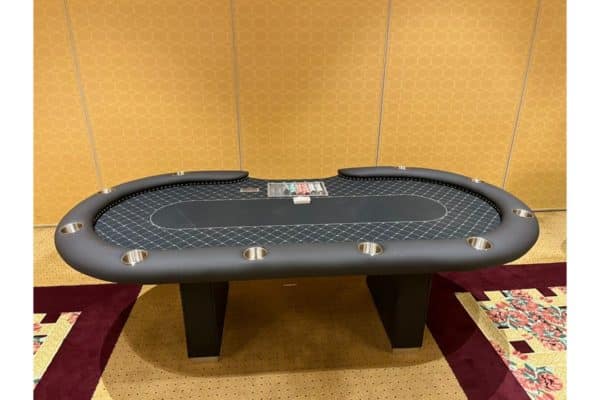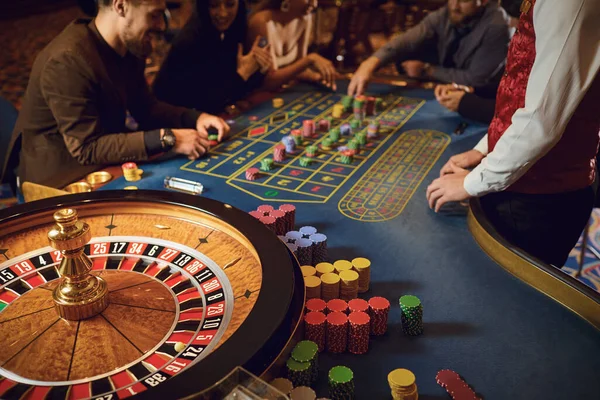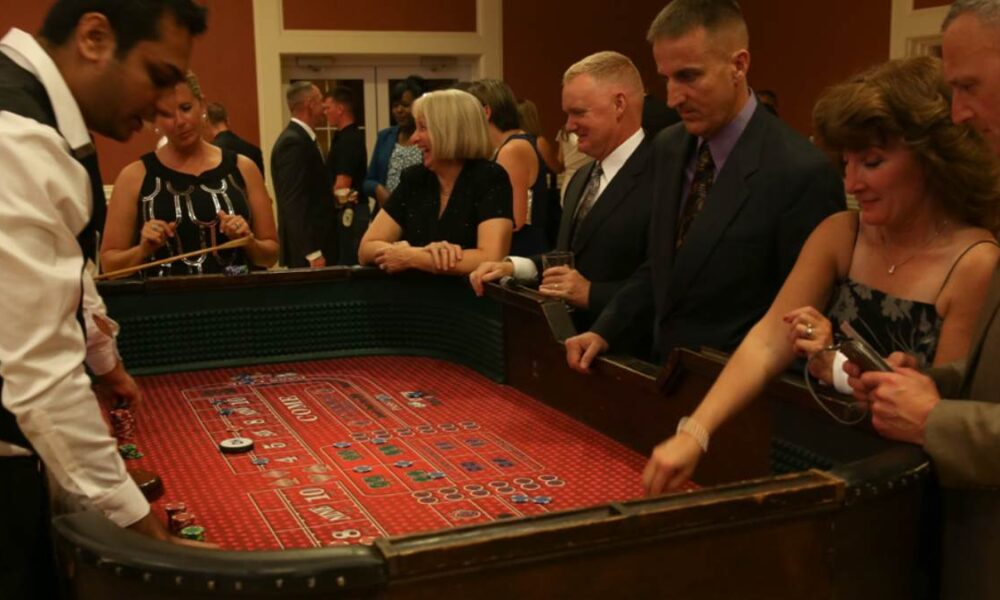When it comes to playing poker, one of the most important factors that can greatly affect your chances of winning is table selection. Finding the right game can make all the difference between a profitable session and a losing one. In this article, we’ll explore the art of poker table selection and provide tips on how to find the right game for you.
Know Your Limits
The first step in finding the right game is to know your limits. This means understanding what stakes you are comfortable playing and what your bankroll can handle. You don’t want to be playing at a table where the buy-in is too high for you, or where the blinds are too high for your bankroll. This will only lead to frustration and potential losses.
Consider Your Skill Level

Another important factor to consider when selecting a poker table is your skill level. If you’re a beginner, you don’t want to be playing against seasoned pros who will take advantage of your inexperience. On the other hand, if you’re an experienced player, you don’t want to be playing at a table with players who are below your skill level, as this will limit your ability to make a profit.
Observe the Table
Once you’ve found a table that meets your limits and skill level, take some time to observe the players at the table. Look for any patterns or tendencies that might give you an edge. Is there a player who is consistently raising pre-flop? Is there a player who always folds to a big bet? These types of observations can help you make informed decisions when it comes to betting and bluffing.
Consider the Table Dynamics

Table dynamics are also an important factor to consider when selecting a poker table. If the table is full of tight players who only play premium hands, you may want to consider finding a different table where the players are looser and more likely to make mistakes. Conversely, if the table is full of aggressive players who are constantly raising and re-raising, you may want to wait for a better opportunity to get involved in the action.
Be Prepared to Move
Finally, it’s important to remember that not every table will be a good fit for you. If you find yourself at a table where the dynamics are not in your favor, don’t be afraid to move to a different table. Remember, the goal is to find a game where you have the best chance of making a profit.
- Know your limits
- Consider your skill level
- Observe the table
- Consider the table dynamics
- Be prepared to move
By following these tips, you can increase your chances of finding the right poker table for you. Remember, poker is a game of skill and strategy, and table selection is a key component of that strategy.







More Stories
The Impact of Poker Training Apps on Player Development
The History of Poker Variant Games: From Seven-Card Stud to Pineapple
The Influence of Poker on Popular Culture: Movies, TV Shows, and Music